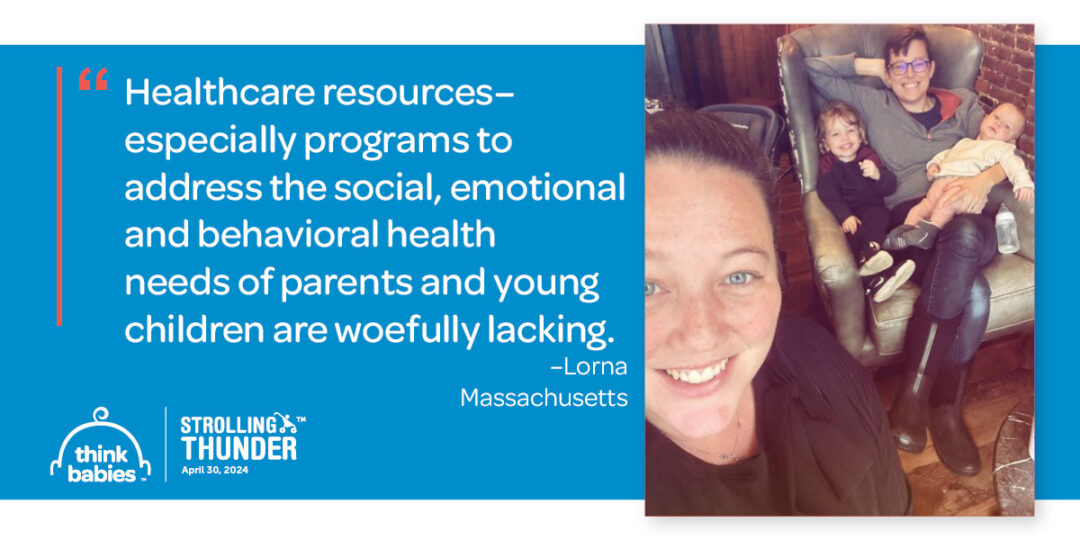No cuts to funding for Infant and Early Childhood Mental Health Services
As a baby grows through infancy, toddlerhood and the preschool years, healthy, nurturing relationships with parents and caregivers lay the foundation for all future social and emotional development, also known as infant and early childhood mental health (IECMH). In the first five years, a child’s brain develops more rapidly than at any other point, offering a critical window to keep babies on the best developmental track. Young children can – and do – experience serious mental health conditions caused by trauma, neglect, biological factors, or environmental stressors, which threaten their development. By supporting babies and parents who are at risk of mental health challenges, we can promote strong mental health from the beginning.

